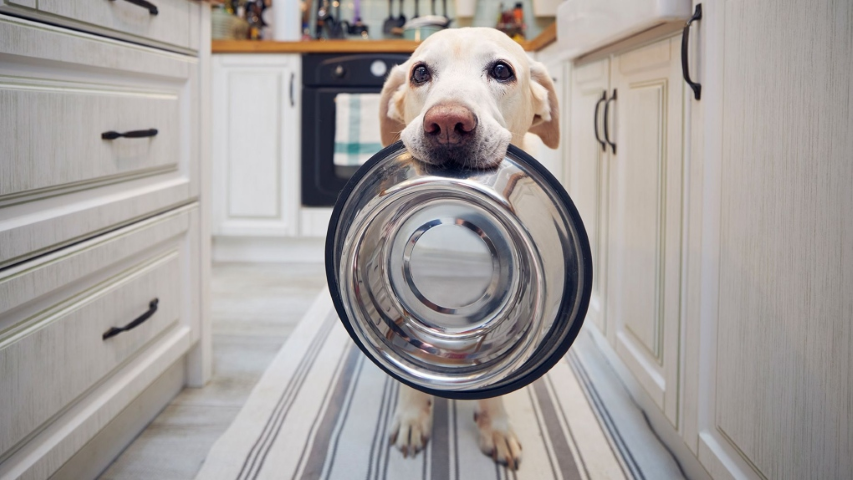
Experts suggest adjusting your pet's schedule to prevent them from waking you up too early due to the time change. The advice comes from Chalabala/iStockphoto/Getty Images via CNN Newsource.
As the impending shift to Daylight Saving Time looms closer, pet owners may find themselves wondering how their furry companions will adjust to the change. For many, the transition is seamless, but for others, it could mean disruptions to their carefully crafted routines.
Take Milo, for instance, a loyal canine companion who dutifully guides his owner to bed at 11 p.m. sharp every night, only to wake them up promptly at 7 a.m. However, with Daylight Saving Time fast approaching, Milo's unwavering routine might face a challenge.
The switch may seem minor, just a mere hour forward, but according to sleep expert Dr. Rajkumar Dasgupta, it can significantly affect humans and their pets' circadian rhythms. Dr. Dasgupta, an associate professor of clinical medicine, warns that the adjustment might not be as smooth for our furry friends as it is for us.
Fortunately, there are strategies to ease the transition, ensuring both pets and owners maintain their sanity. Certified feline behaviour experts suggest avoiding strict feeding schedules for cats, opting instead for behavioural cues to signal mealtime. Similarly, for dogs like Dr. Jerry Klein's early riser, Zane, gradually shifting their routine by 15 minutes each day can help them adapt more smoothly.
However, when it comes to puppies, the adjustment requires a bit more finesse. Younger dogs, particularly those still undergoing house training, may need extra attention to avoid accidents due to the time change. Patience and careful planning are key to setting them up for success.
Ultimately, while the transition may pose initial challenges, pets are remarkably resilient. As Dr. Klein reassures, with a little patience and understanding, they'll quickly adapt to the new rhythm dictated by Daylight Saving Time.















